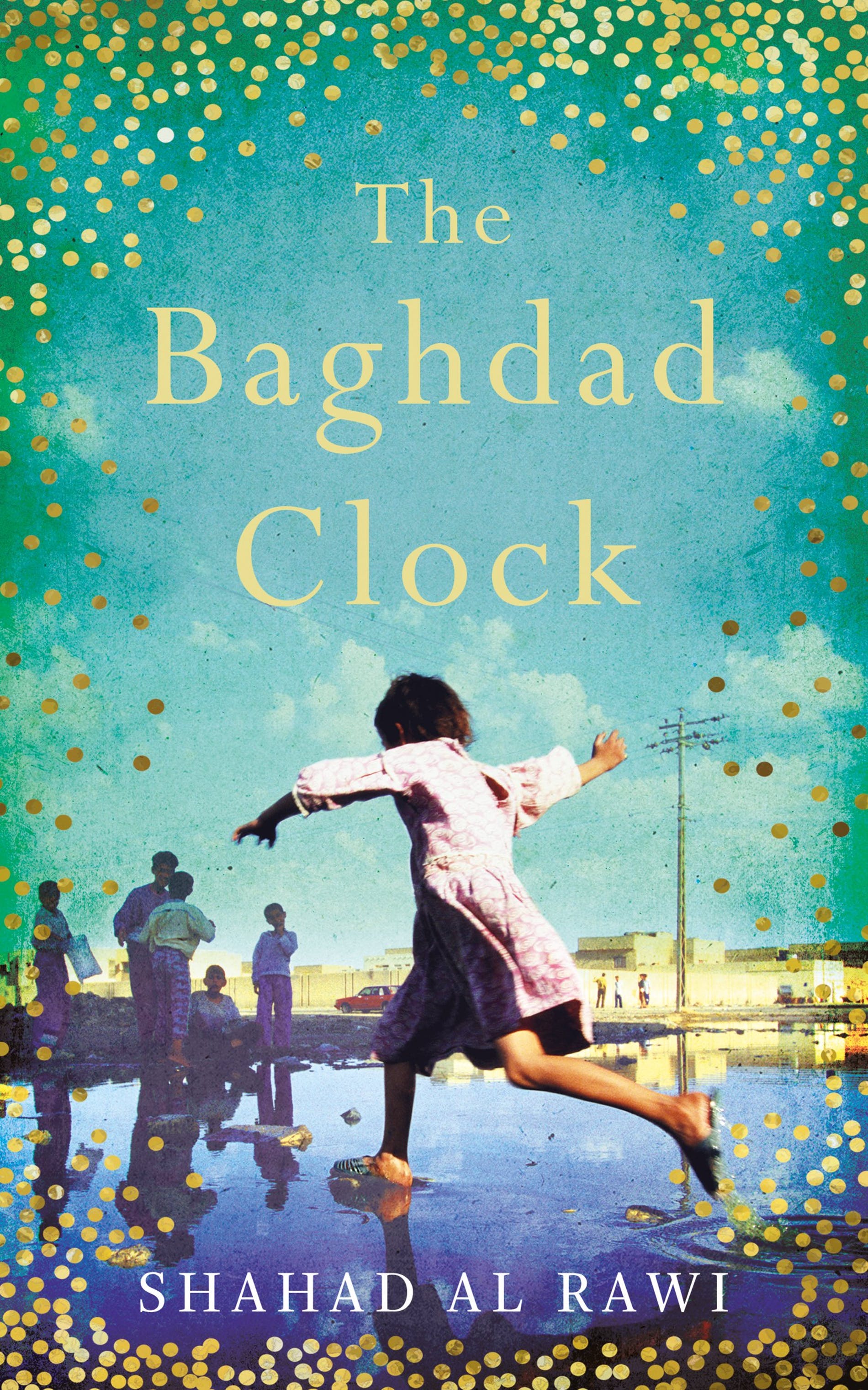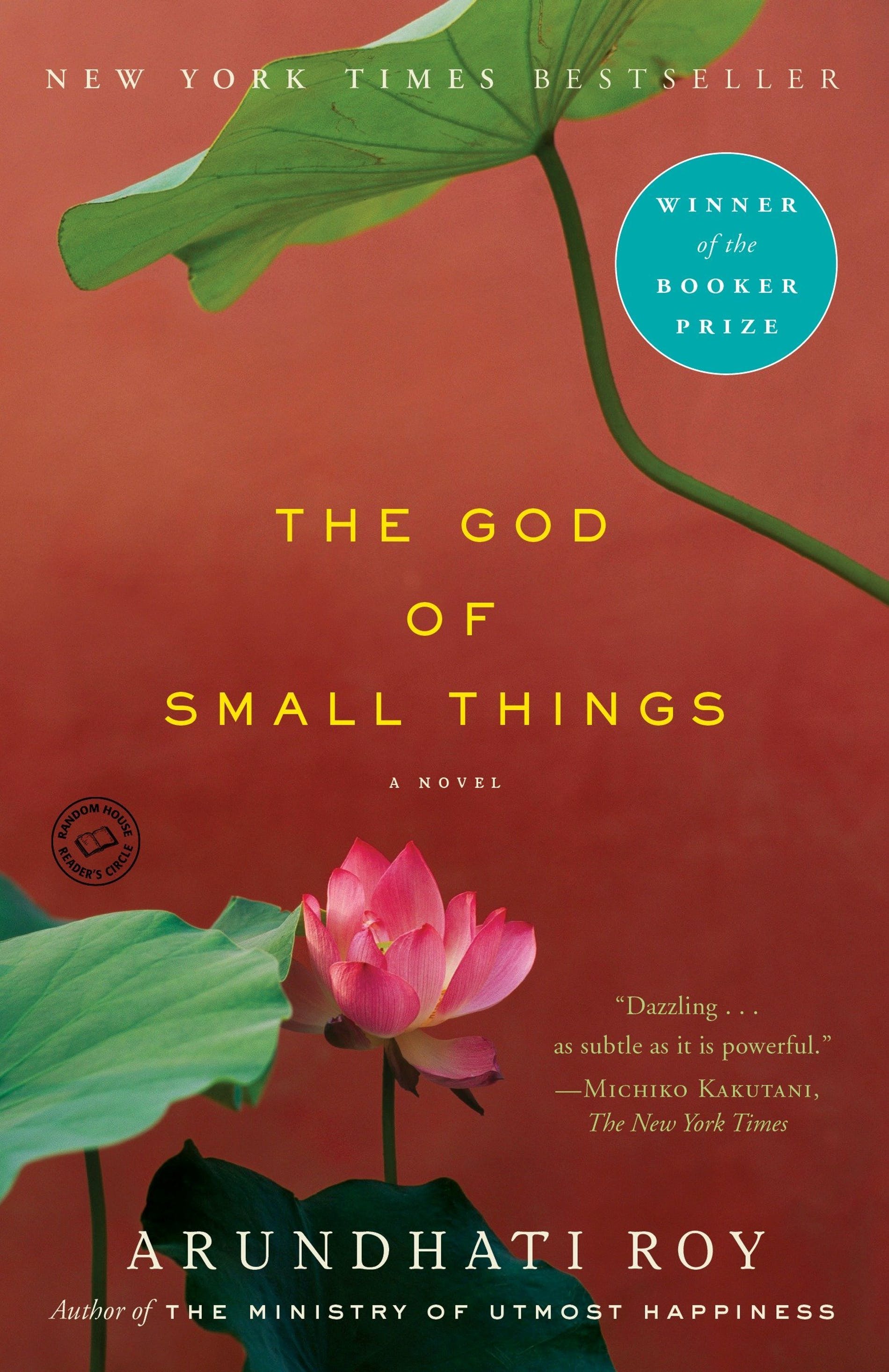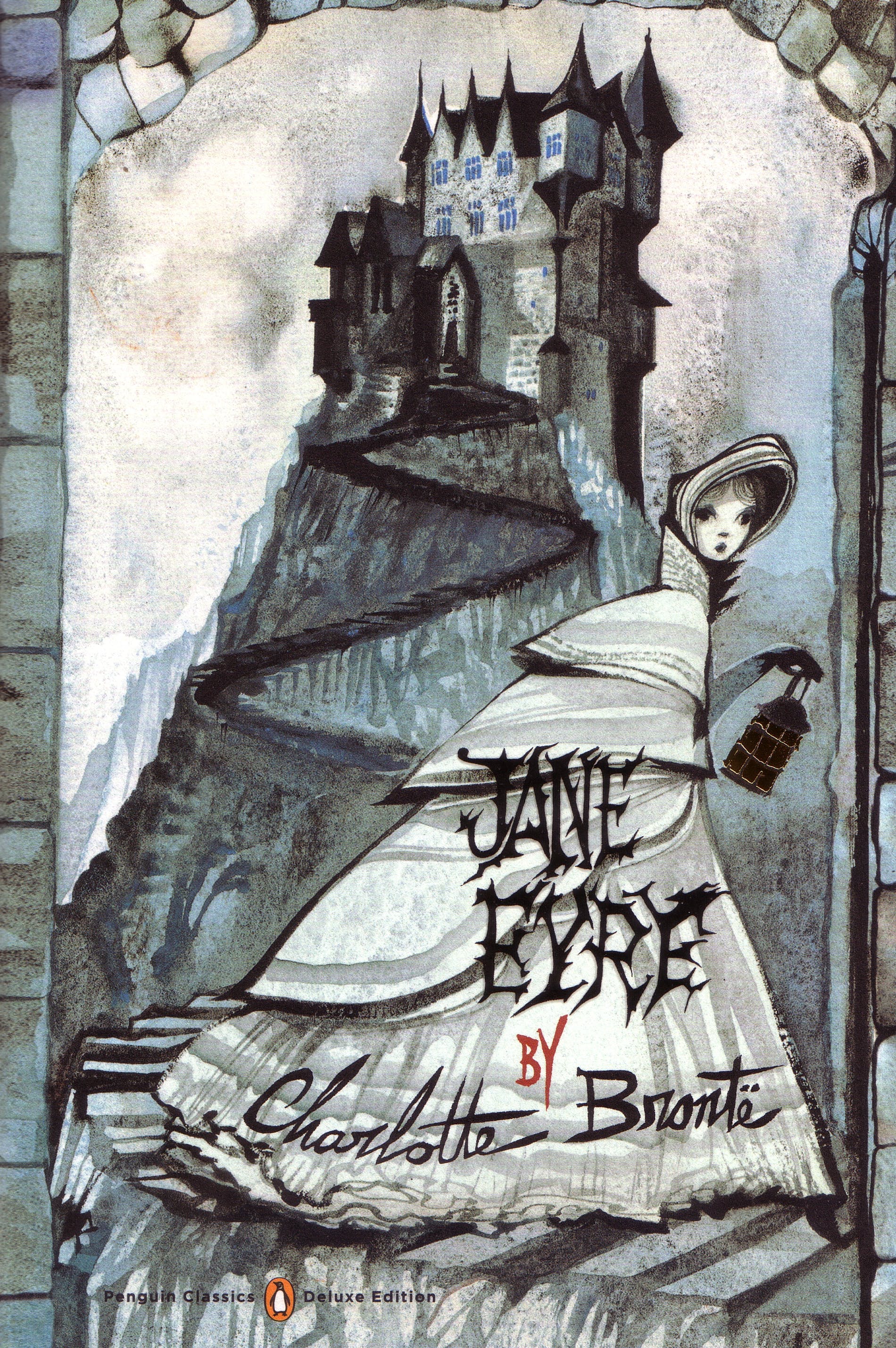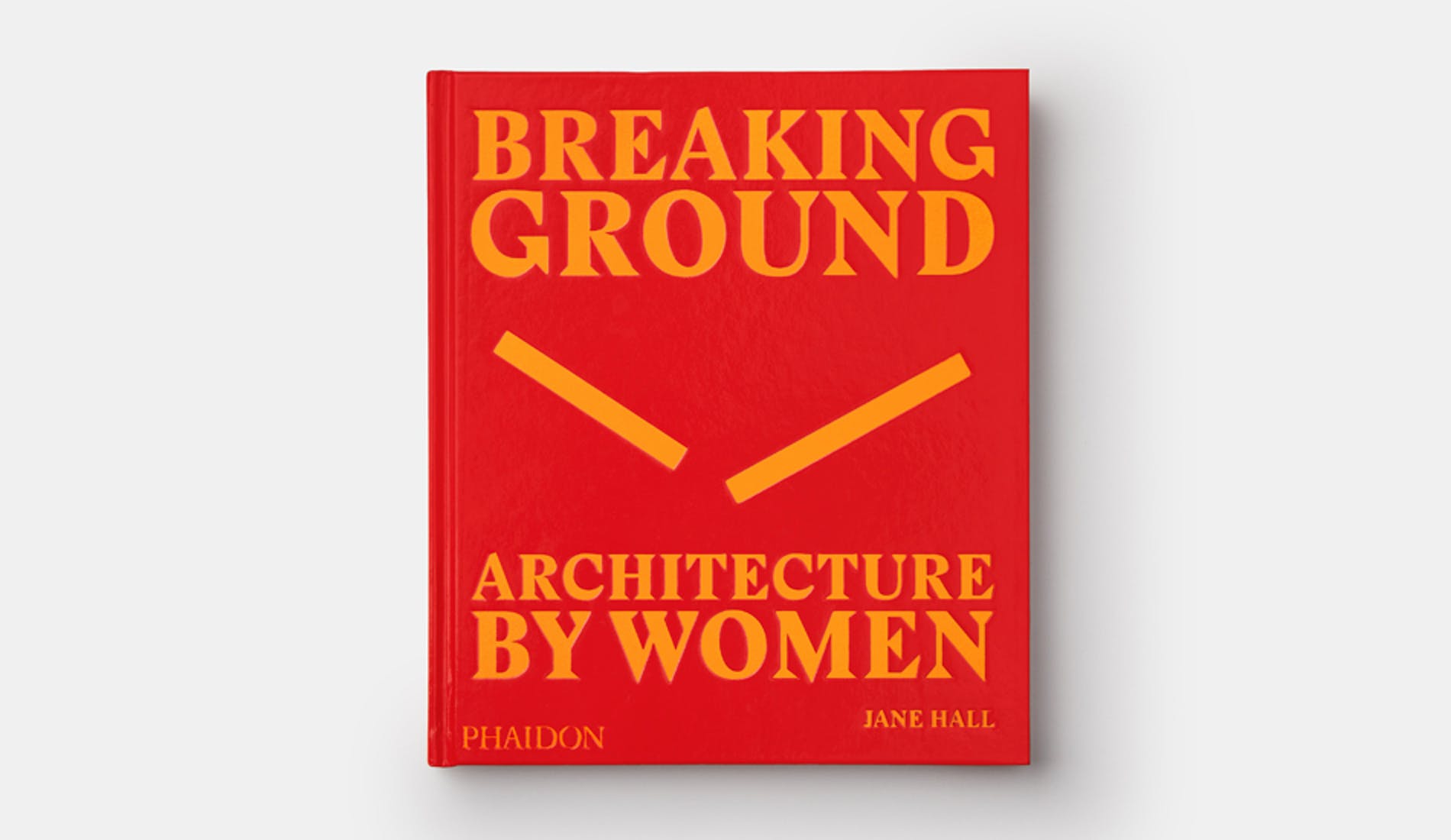Books of the Month | Month of the Books #3

“Celestial Bodies” by Jokha al-Harthi

WINNER OF THE MAN BOOKER INTERNATIONAL PRIZE 2019
Celestial Bodies is the second of al-Harthi’s three novels, but it’s a book of firsts: the first novel by an Omani woman to be translated into English and the first novel in Arabic to be awarded the Man Booker International Prize (which al-Harthi shared with her translator, the Oxford academic Marilyn Booth).
This ambitious, intense novel examines the radical changes in Oman over the past century from the perspectives of the members of several interconnected families. With exhilarating results, al-Harthi throws the reader into the midst of a tangled family drama in which unrequited love, murder, suicide, and adultery seem the rule rather than the exception. She moves between the stream-of-consciousness musings and memories of businessman Abdallah as he flies to Frankfurt and vignettes from the lives of those in his family, the slaves who raised him under the rule of his abusive father, and the members of the large family he married into. These include, among many others, a wife who apparently loves her sewing machine more than him, her two conflicted sisters, a father-in-law conducting a torrid love affair with a Bedouin woman, and an unhappy physician daughter. The scenes establish the remarkable contrasts among the generations, whose members are united primarily by a fierce search for romantic love. The older generation has grown up with strict rules and traditions, the younger generation eats at McDonald’s and wears Armani jeans, and the members of the middle generation, particularly the women, are caught between expectations and aspirations.
About the Author
Jokha al-Harthi was born in Oman in 1978. She is the author of two previous collections of short fiction, a children’s book, and three novels in Arabic. Fluent in English, she completed a PhD in Classical Arabic Poetry in Edinburgh, and teaches at Sultan Qaboos University in Muscat. Her work has been translated into English, Serbian, Korean, Italian, and German. She lives in Oman.
“The Baghdad Clock” by Shahad al-Rawi

#1 BESTSELLING TITLE IN IRAQ AND UAE
WINNER OF THE EDINBURGH FIRST BOOK AWARD 2018
SHORTLISTED FOR THE INTERNATIONAL PRIZE FOR ARABIC FICTION 2018
In her brilliant debut novel, Shahad al-Rawi takes readers beyond the familiar images in the news to show the everyday struggle of Baghdad’s people, revealing the reality of growing up in a war-torn city that’s slowly disappearing in front of your eyes.
The story is set in a well-to-do neighborhood of the Iraqi capital, at a time between two of the military operations led by the USA in 1991. Two girls have hidden themselves in a bomb shelter. To conquer their fears in the darkness, they tell each other stories, share their desires, and dream of their first loves. The shared traumatic experience brings them close to one another. But after the bombings, the people of the city suffer from the effects of the international sanctions, many flee, and life in the city falls apart. The two girls must come to terms with the fact that their lives will never be the same again.
In her novel, Shahad al-Rawi offers insights into a life that doesn’t appear in images in the media. She shows the daily struggle of Baghdad’s inhabitants and children who grow up in a broken and destroyed city and manage to develop incredible strength and resistance against the harsh conditions outside. Apart from embedding the novel in real political events, in her text al-Rawi also explores what it means to lose the connection between language and that which it is supposed to describe. While a word still offers up a wide, synesthetic spectrum of different meanings to child, a child in school is already expected to use the same word in exclusively rational contexts, and for an adult, the same word has ultimately been removed from its meanings.
"Precisely for this reason, returning to childhood is important, so we can give fresh consideration to the essence of things. Because of repetition in language, we have distanced ourselves from the environment in which we live. We have begun to live in a world of words."
The Baghdad Clock is a compelling tale of two girls’ journey to adulthood. It is a stirring, and at times moving, portrait of two young women sticking together while everything around them falls apart.
About the Author
Shahad al-Rawi was born in Baghdad in 1986. She is a writer and novelist. After attending the Al Mansour school, she graduated from the University of Damascus. Her first novel The Baghdad Clock went through three printings in the first months of publication. Before the book was published, the author was already well-known on social media and also wrote for newspapers. Al Rawi is currently completing her doctorate in management and anthropology and lives in Dubai.
“The God of Small Things" by Arundhati Roy

THE INTERNATIONAL #1 BESTSELLER
WINNER OF THE MAN BOOKER PRIZE FOR FICTION 1997
Compared favorably to the works of Faulkner and Dickens, Arundhati Roy’s debut novel is a modern classic that has been read and loved worldwide. It is sold in 8 million copies and is available in 42 languages.
Equal parts powerful family saga, forbidden love story, and piercing political drama, it is the story of an affluent Indian family forever changed by one fateful day in 1969. The seven-year-old twins Estha and Rahel see their world shaken irrevocably by the arrival of their beautiful young cousin, Sophie. It is an event that will lead to an illicit liaison and tragedies accidental and intentional, exposing “big things [that] lurk unsaid” in a country drifting dangerously toward unrest.
Lush, lyrical, and unnerving, The God of Small Things is an award-winning landmark that started for its author an esteemed career of fiction and political commentary that continues unabated.
“A voice of breathtaking beauty, a masterpiece.” - Observer
“Roy is impressively adept with language. Words and images flip across the pages like acrobats, combining and contorting in unexpected ways. Not only is the story rich and compelling, but the inventive energy and honor with which it is told keep the reader constantly surprised and captivated.” - Tamsin Todd, Washington Post
“The God of Small Things offers such magic, mystery and sadness that, literally, this reader turned the last page and decided to reread it. Immediately. It’s that hauntingly wonderful.” - Deirdre Donahue, USA Today
About the Author
Arundhati Roy (1961) is an Indian novelist, writer and political activist who focuses on issues related to social justice and economic inequality. The God of Small Things was her first novel, and won the Booker Prize in 1997. Her non-fiction writings include, among many, The Algebra of Infinite Justice, Listening to Grasshoppers, Broken Republic, Capitalism: A Ghost Story, and Things That Can and Cannot Be Said, co-authored with John Cusack.
The Ministry of Utmost Happiness is Roy’s second novel published in 2017, twenty years after her debut, The God of Small Things. It has been translated into 50 languages, and has been longlisted for 2017 Man Booker Prize. For her work as an activist Arundhati Roy received the Cultural Freedom Prize awarded by the Lannan Foundation in 2002.
“Jane Eyre” by Charlotte Brontë

ENGLISH LITERATURE CLASSIC
Charlotte Brontë’s most beloved novel describes the passionate love between the courageous orphan Jane Eyre and the brilliant, brooding, and domineering Rochester. The loneliness and cruelty of Jane’s childhood strengthens her natural independence and spirit, which prove invaluable when she takes a position as a governess at Thornfield Hall. But after she falls in love with her sardonic employer, her discovery of his terrible secret forces her to make a heart-wrenching choice.
Ever since its publication in 1847, Jane Eyre has enthralled every kind of reader, from the most critical and cultivated to the youngest and most unabashedly romantic. It lives as one of the great triumphs of storytelling and as a moving and unforgettable portrayal of a woman’s quest for self-respect.
About the Author
“I am no bird; and no net ensnares me; I am a free human being with an independent will.”
Charlotte Brontë (1816-1855) was an English novelist and poet, the eldest of the three Brontë sisters who survived into adulthood and whose novels became classics of English literature.
She enlisted in school at Roe Head in January 1831, aged 14 years. She left the year after to teach her sisters, Emily and Anne, at home, returning in 1835 as a governess. In 1839 she undertook the role as governess for the Sidgwick family but left after a few months to return to Haworth where the sisters opened a school, but failed to attract pupils. Instead, they turned to writing and they each first published in 1846 under the pseudonyms of Currer, Ellis and Acton Bell.
While her first novel, The Professor, was rejected by publishers, her second novel, Jane Eyre, was published in 1847.
The sisters admitted to their Bell pseudonyms in 1848, and by the following year were celebrated in London literary circles. Brontë experienced the early deaths of all her siblings. She became pregnant shortly after her marriage in June 1854 but died on 31 March 1855 from a complication of pregnancy. The Professor was posthumously published in 1857
“Breaking Ground: Architecture by Women” by Jane Hall

A ground-breaking visual survey of architecture designed by women from the early twentieth century to the present day.
“Would they still call me a diva if I were a man?” asked Zaha Hadid, challenging as she did so more than a century of stereotypes about female architects. In the same spirited approach, Breaking Ground is a pioneering visual manifesto of more than 200 incredible buildings designed by women all over the world. Featuring twentieth-century icons such as Julia Morgan, Eileen Gray and Lina Bo Bardi, and the best contemporary talent, from Kazuyo Sejima to Elizabeth Diller and Grafton Architects, this book is, above all else, a ground-breaking celebration of extraordinary architecture.
“We’re not at all surprised that some of the world’s most impressive structures were designed by women architects. This new visual survey celebrates their groundbreaking projects.” - Architectural Digest Online/Clever
About the Author
Jane Hall is the inaugural recipient of the British Council Lina Bo Bardi Fellowship (2013) and a founding member of Assemble, the London-based, Turner Prize-winning collective.
Assambled by Tanja Beljanski










